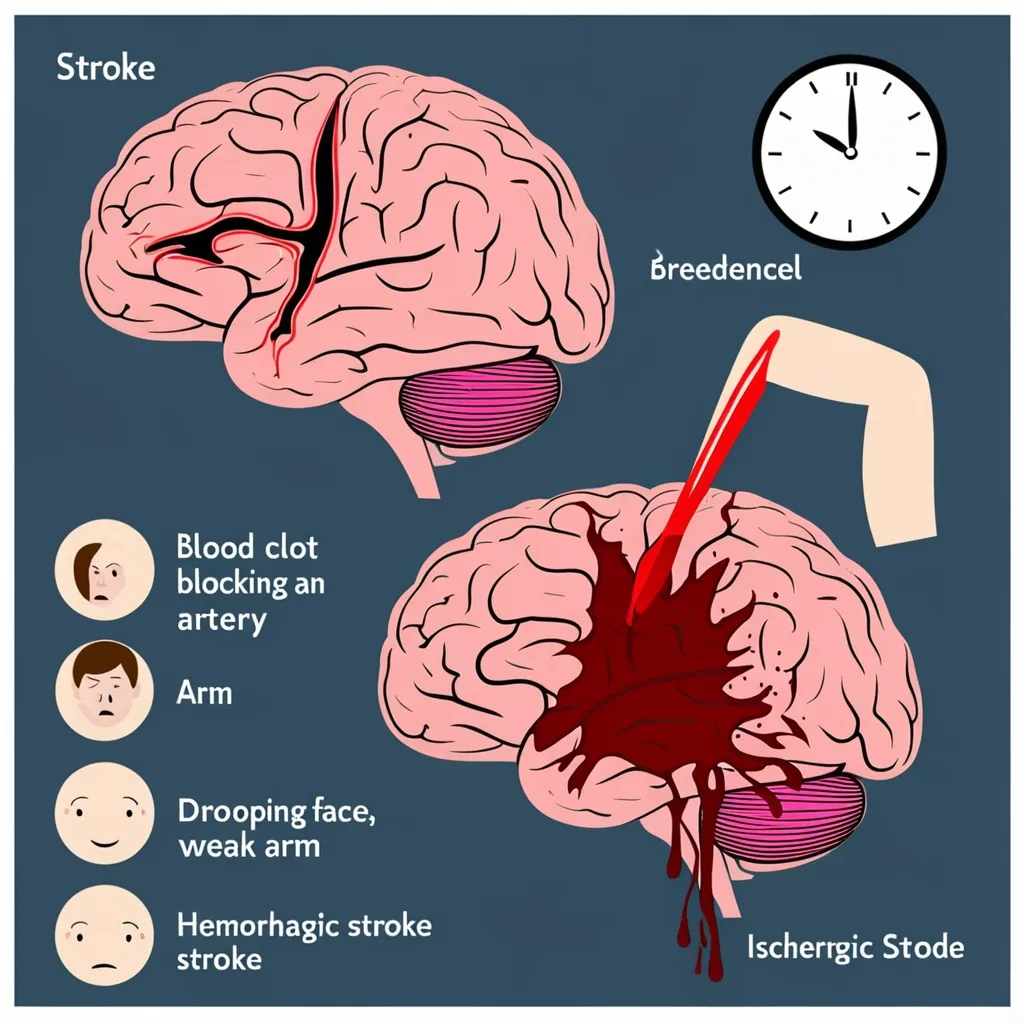Tinnitus, which is when you hear sounds no one else can, is something a ton of people deal with worldwide. It’s that annoying ringing, buzzing, or hissing in your ears. Sometimes it’s loud, sometimes it’s soft, and it can come and go or stick around constantly. The reasons behind tinnitus are pretty varied. Loud noises, ear infections, certain drugs, and even getting older can all contribute to it. Although there’s no outright cure, there’s a bunch of ways to get relief.
One of the best ways to handle tinnitus is with sound therapy. Imagine using outside sounds to cover up that pesky ringing in your ears—pretty simple, right? This can be anything from white noise, nature sounds, to even music. Some folks feel better just using a fan or a white noise machine. Others might prefer calming tunes or nature sounds like ocean waves or chirping birds. Switching up what you listen to can sometimes make a big difference.
Don’t underestimate the power of hearing aids either. Modern ones often come with tinnitus maskers designed to produce soothing sounds, which can drown out the tinnitus. They can be tweaked to fit your specific needs and work in both quiet and noisy environments. Some people find that hearing aids in both ears work better than just one, giving a more balanced auditory experience.
Lifestyle changes also pack a punch in managing tinnitus. Stress and anxiety can make tinnitus worse, so finding ways to chill out is super important. Deep breathing exercises, meditation, and imagery can help tone down the stress. Imagery is basically daydreaming of a peaceful place, complete with sights, sounds, smells, and feelings. Whether it’s a beach, a forest, or anywhere tranquil, visualizing it can bring a sense of calm.
Keeping busy with activities you love can also help you distract from the tinnitus. Whether it’s reading, working on a project, or hanging out with family and friends, staying engaged in positive experiences can make the tinnitus less noticeable. And let’s not forget exercise—it’s a game-changer. Regular physical activity can lift your mood and reduce stress, making it easier to deal with the tinnitus.
Changing the way you think about tinnitus can also help. Cognitive therapy focuses on identifying and altering negative thought patterns. For instance, instead of thinking “I’ll never be able to sleep with this noise,” you might tell yourself “I can manage this noise and still get good rest.” This kind of mindset shift can really reduce the emotional impact of tinnitus.
Sleep is crucial for managing tinnitus. Lack of sleep can make the condition feel louder and more annoying. Establishing a regular sleep schedule, creating a soothing bedtime routine, and steering clear of caffeine and alcohol before bed can really boost your sleep quality.
It’s also essential to debunk a few myths about tinnitus. First off, having tinnitus doesn’t mean you’ll go deaf. Tinnitus often accompanies pre-existing hearing loss but doesn’t cause it. And while life’s ups and downs can influence tinnitus, it generally doesn’t get worse over time.
Another misunderstanding involves hearing aids—they don’t make tinnitus worse. Instead, they amplify external sounds, helping to mask the internal noise. The caffeine debate is also worth mentioning. While caffeine might mess with your sleep, there’s no solid proof that it worsens tinnitus. In fact, quitting caffeine suddenly can sometimes make tinnitus feel worse.
Lastly, tinnitus is rarely a sign of a serious health problem. While various conditions can trigger it, it’s not usually an indicator of something more dangerous. Knowing this can help ease anxiety, making the condition easier to manage.
The journey to managing tinnitus requires a mix of patience, persistence, and the right strategies. Sound therapy, lifestyle tweaks, cognitive practices, and good sleep habits all come together to offer significant relief. Everyone’s experience with tinnitus is different, so finding what works best might involve some trial and error. But with the right approach, it’s possible to regain control and find peace, despite tinnitus tagging along.






